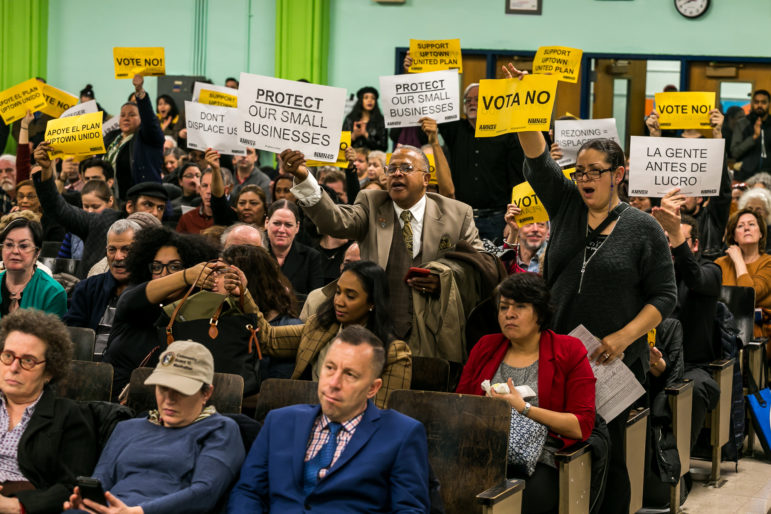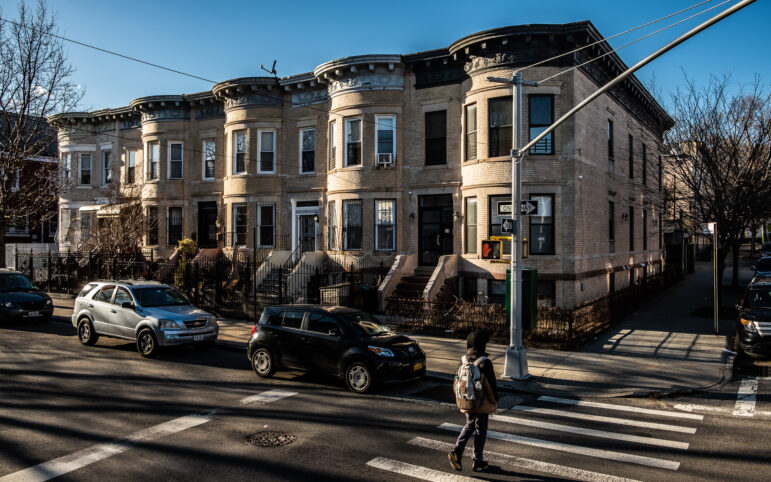The state’s housing agency admits that it routinely takes years to rule on tenant allegations that landlords overcharge them on stabilized rent. So the state Division of Housing and Community Renewal has come up with a novel way to clear out its backlog: a new paperwork hurdle that forces many tenants to drop their cases.
DHCR–which has been without a commissioner since Joseph Holland resigned in late 1996–claims it has reduced its tenant-complaint backlog by a whopping 40,000 over the last year by improving its response and review procedures. But lawyers, tenants and advocates charge that the agency has cleaned out its docket by ordering tenants who have filed complaints to resubmit their paperwork within 21 days–or forfeit their over-charge complaint. Since many tenants either ignore the request or are intimidated by the paperwork required, many complaints have apparently been cleared off the rolls–without the cases ever being seriously investigated.
“It’s not fair. It’s like they were trying to set a trap,” says Emily Brown, a Harlem tenant who first informed DHCR her landlord was overcharging her $60 a month in rent in 1992.
“We’re changing, but it’s a good thing, not a bad thing,” DHCR spokeswoman Diane Ackerman responds. “it used to take us five years to deal with the overcharge complaints.” In May, City Limits quoted Ackerman as estimating that the number of new overcharge complaints had declined dramatically–down to 500 complaints a year, compared with 1,300 filed in 1993. “People must be happy with their landlords,” she said at the time.
But Ackerman could not say whether most of those cases cleared were as a result of agency rulings–or if they were purged from the rolls on bureaucratic technicalities.
She denied the policy change was intended to purge legitimate complaints, but since the Pataki administration has taken office, the agency has not reported tenant complaint statistics to the legislature as required by law.
Some lawyers and advocates say they have seen a slight speeding up of some DHCR decisions, but that it does not account for the huge reduction in the backlog list. “The people that are being cleared off the backlog aren’t people who are getting decisions,” says Sondra Rutherford, a private tenant advocate who is currently assisting 100 tenants with their overcharge complaints. “These are people who are getting knocked out of the picture because they are not filing their paperwork.”








